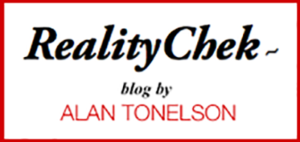EP 342 How To Lose the War on Cancer: Keep Doing What We’re Doing
There are some who will tell you that we’re making great strides in fighting cancer with more of the same approaches we’ve been trying for the last four decades. Dr. Azra Raza is not one of those experts. An oncologist and the Chan Soon-Shiong Professor of Medicine and Director of the MDS Center at Columbia University considers what we are doing in research and treatment a systemic failure. If we have seen any improvements in survival rates in the recent period improved treatments are not the reason. It results from a reduction in smoking and improvements in screening. And given the hydra-headed nature of the uber label ‘cancer’, a dastardly enemy, indeed, the encouraging developments relate to a few common cancers, like lung, colorectal, breast and prostate. And even with these gains, overall cancer death rates are not dramatically different from what they were in the 1930’s. She explains why what we’re doing in the lab is wrong and how the treatment protocols of cut, burn or poison wreak havoc on the patient as we chase the last malignant cell in the body. Her answer is to turn the paradigm around as her book title suggests and get there before ‘The First Cell’. The book is exquisitely written and yet, at the same time, a painful read given our familiarity with what this process looks like. If there was another apt title for this book it would ‘Enough’. We must chart a new course.
Podcast: Play in new window | Download








